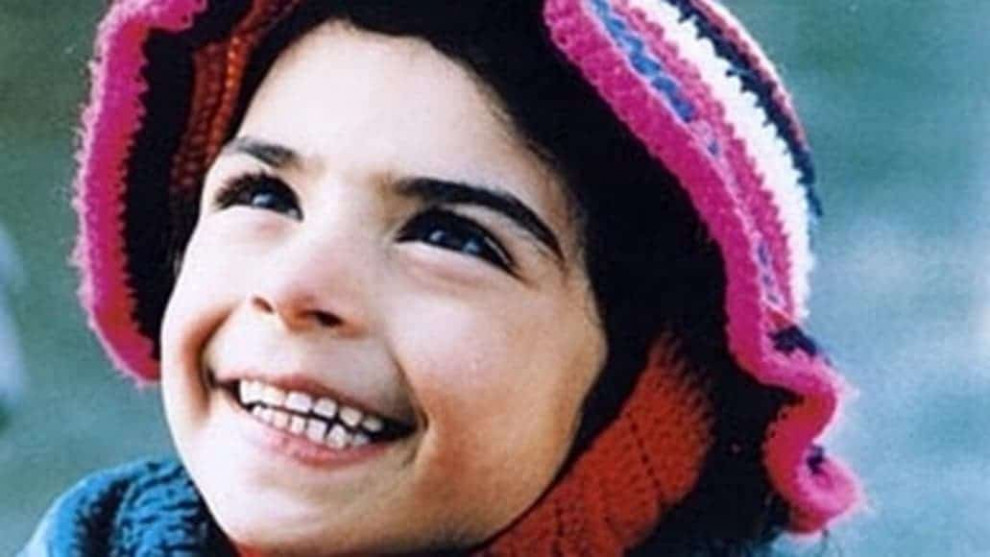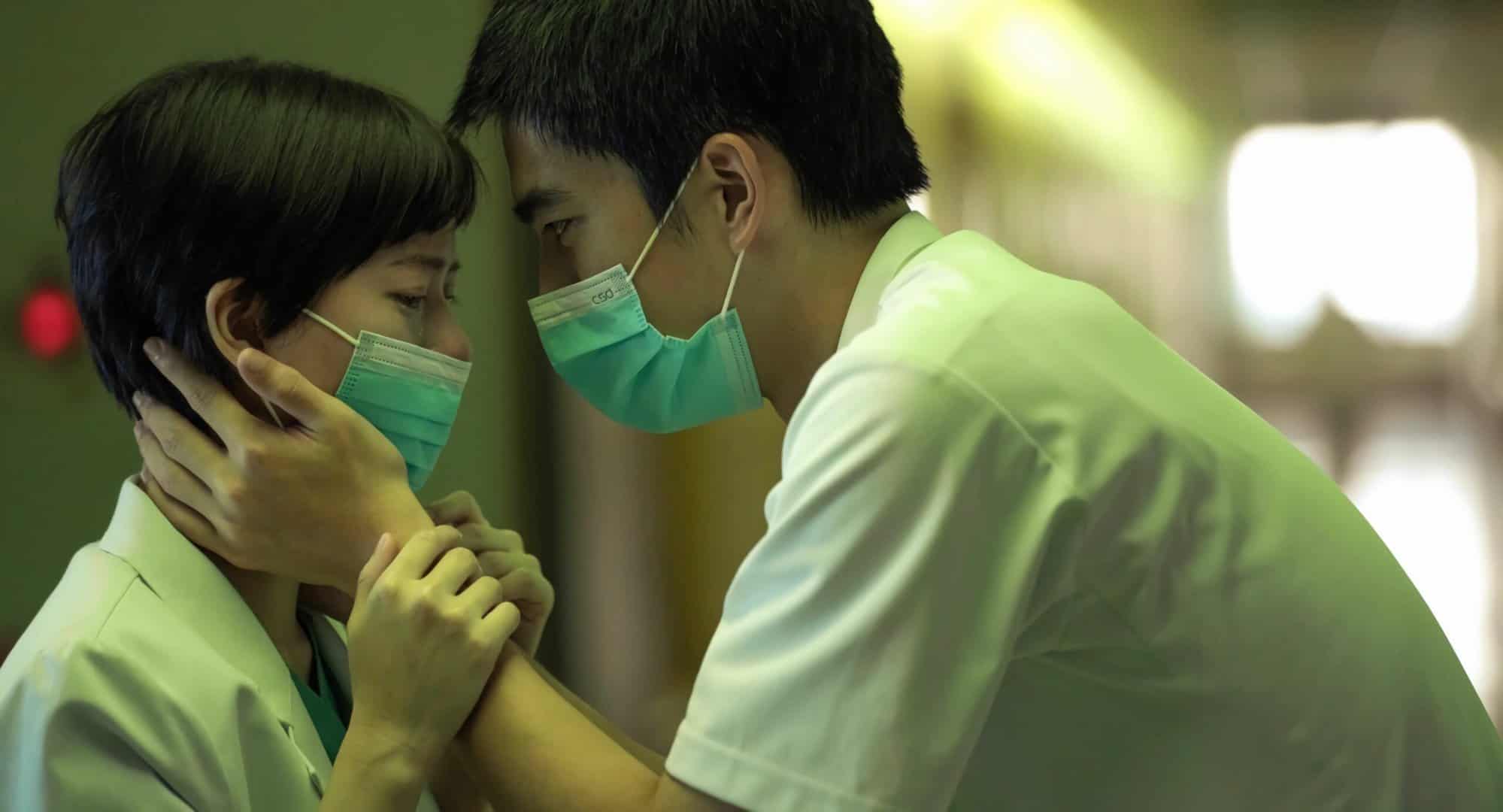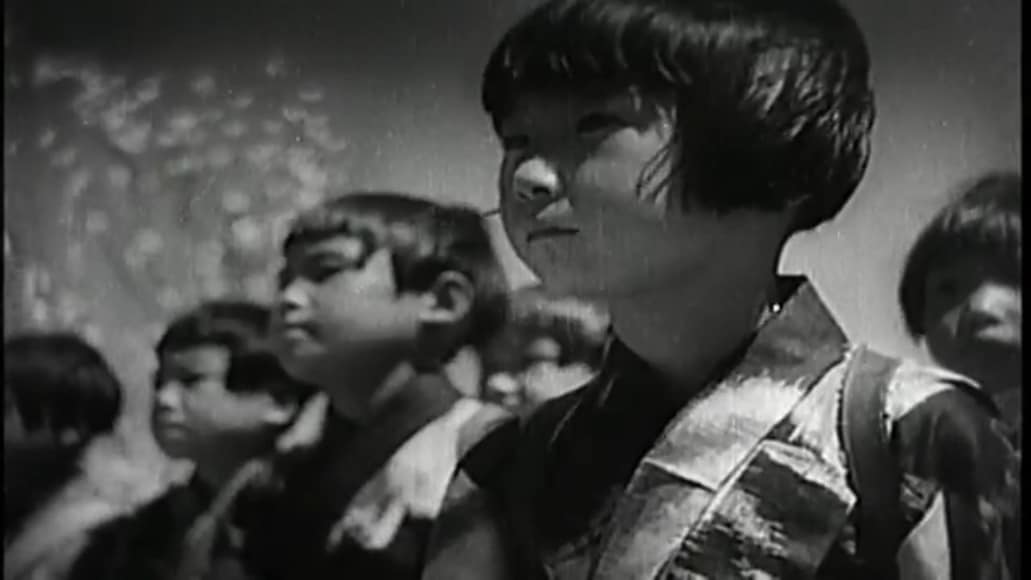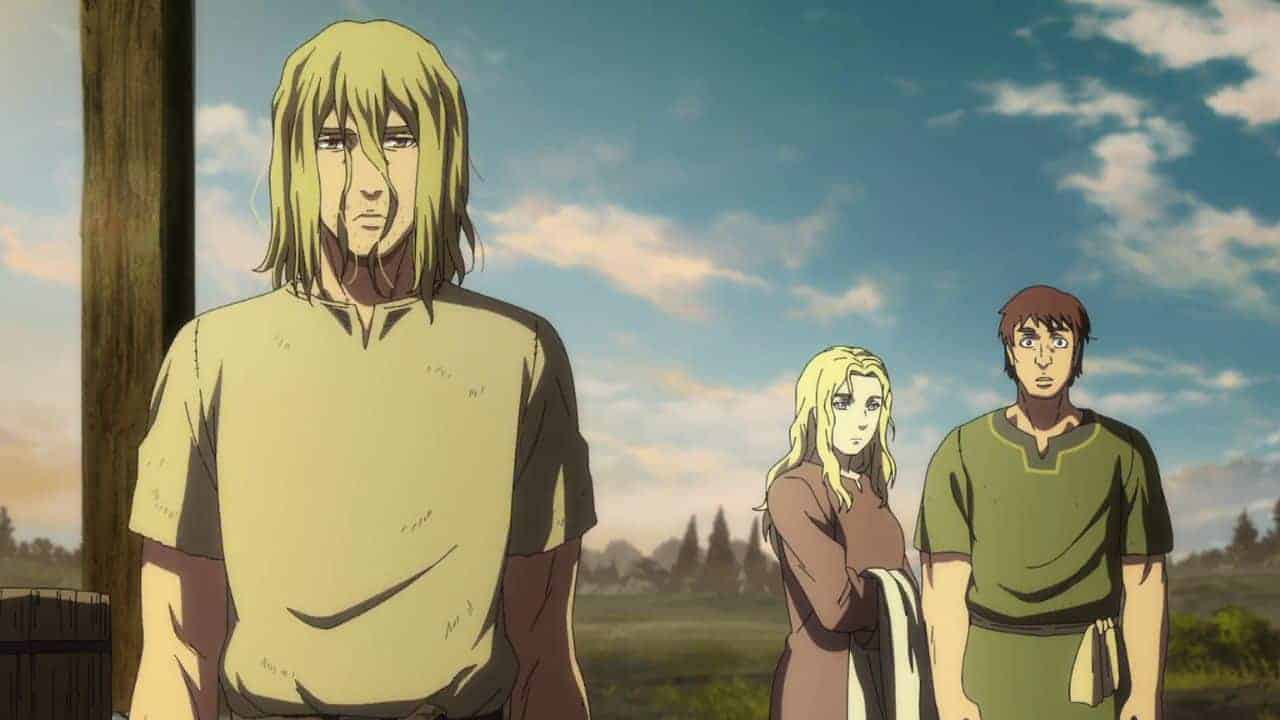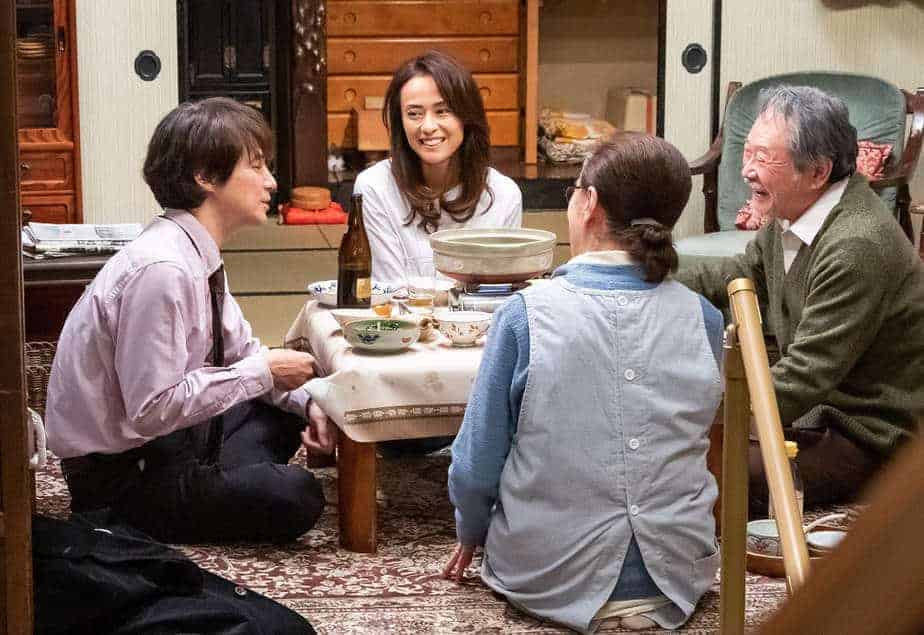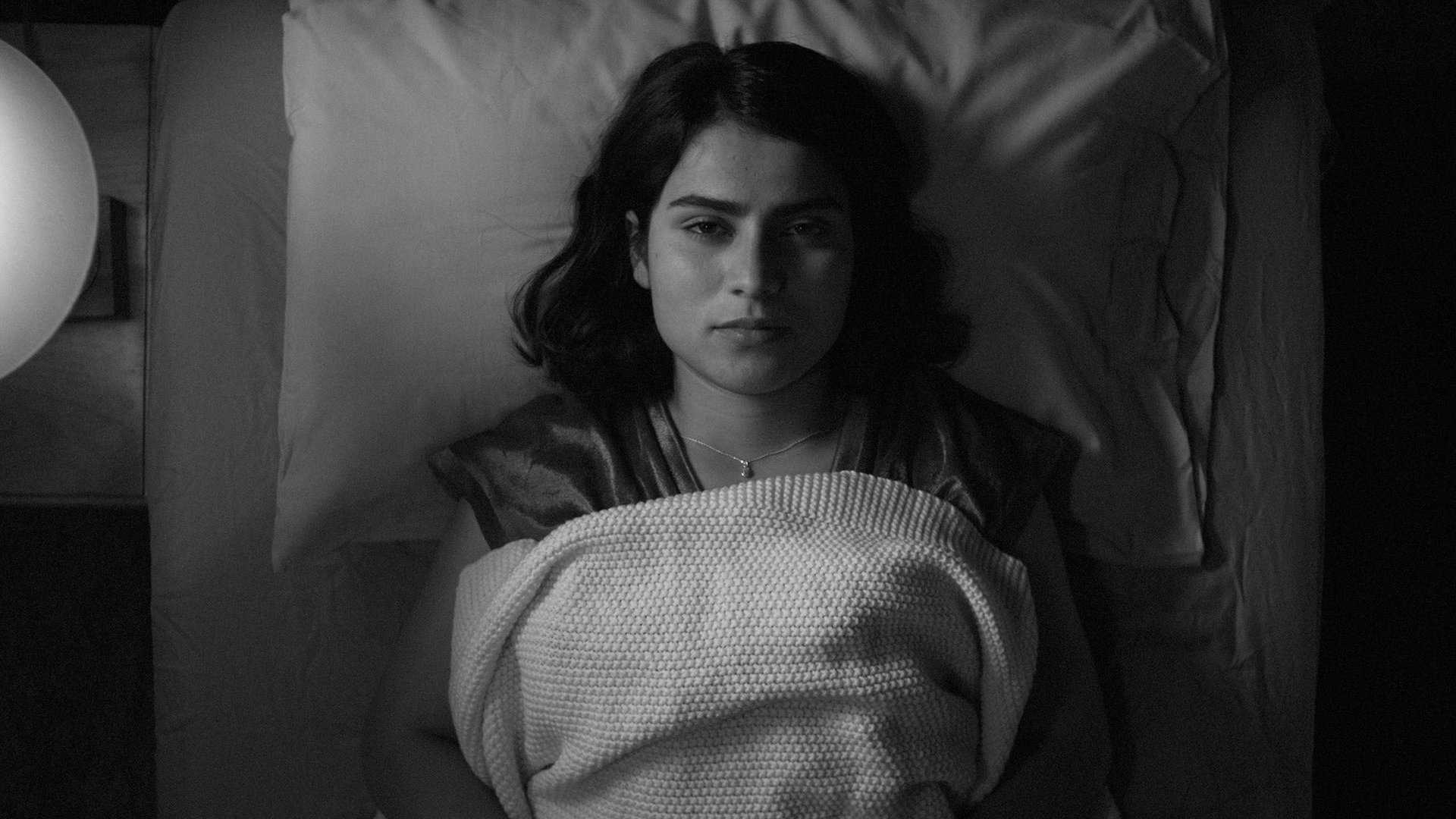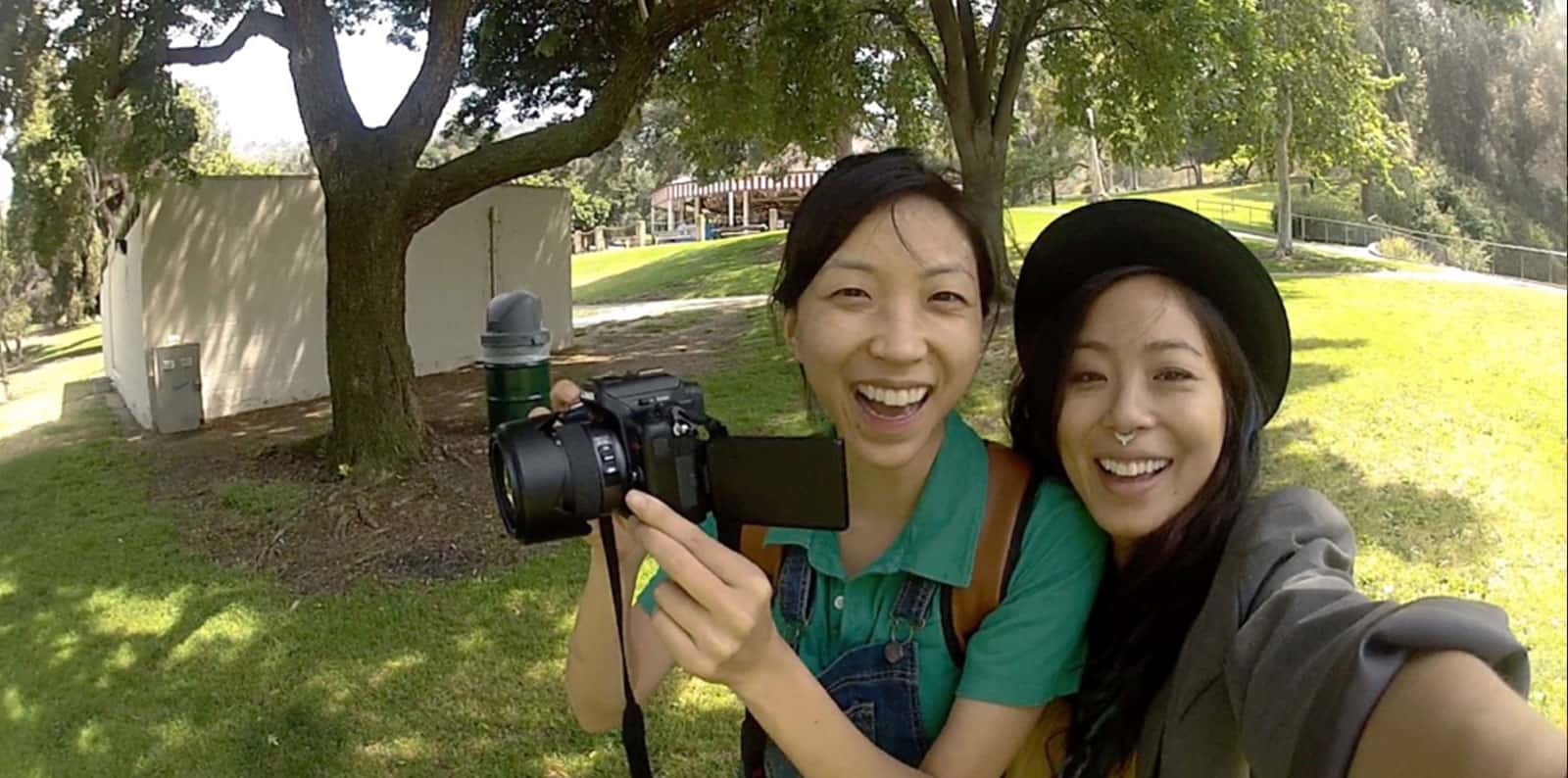“Everyone is helping so there is no need to be sad.”
There is still a certain prejudice when it comes to films made for children. Some see the bright colors, the at times silly comedy and the kind of characters and regard these films as “something only a child would find funny”. While there are certainly stories, films and novels, which may confirm this judgment, it is, nevertheless, a rather short-sighted assessment, ignoring the expressive power of art and how adult (or even universal) themes are reflected in these tales. In fact, many filmmakers have made their child characters carry the emotional weight of the story, presenting the relevance of their themes for everyone in society. For example, Enzo Staiola's Bruno in Vittorio de Sica's “Ladri di biciclette” expresses what it means to experience poverty in post World War II-Italy as well as the sadness when his own helplessness is reflected in the eyes of his father.
“Bag of Rice” is screening at Art Film Fest Košice

However, there is another, perhaps more interesting layer to stories about children. Considering the amount of censorship or state control in certain countries focusing on these stories, maybe is the perfect excuse since “these are only children and they cannot be expected to behave like an adult”. In an interview Iranian filmmaker Mohammad-Ali Talebi mentions how stories about children in his home country offer a unique view into Iranian society and its pressing issues. Given the amount of state control after the Revolution, many filmmakers, as he explains, have come back to telling stories about children since they “couldn't discuss certain adult topics”. His film “Bag of Rice” defines the beginning of a trilogy, which was later continued with “Willow and Wind” and “You Are Free”, concentrating on children, their place within Iranian society, how they grow up and how they see the world around them.
At the center of “Bag of Rice” we have young Jairan (Jeyran Abedzadeh) who lives in big family somewhere in the city of Tehran. Since she is too young to go to school, she spends most of her days playing outside or helping her mother with the housework as well as the daily shopping. On one of those trips into the city, she and her mother meet their elderly neighbor Masoumeh (Masoumeh Eskandari) who is also on her way to buy groceries. Since she is obviously in need of help, Jairan asks her mother to accompany their neighbor into the city to acquire a large bag of rice, a request her mother hesitantly gives in to.

On their way to the supermarket and their way back, Jairan and Masoumeh experience many kinds of adventures involving the transportation of the heavy bag of rice as well as the kindness of others they meet.
On the surface, Talebi's film offers a very straight-forward story involving elements of family drama along with the occasional slapstick comedy. To some extent, the image of Jairan's family may be regarded as a metaphor for the kind of society they live in, in particular the roles of men and women, adults and children. The constant, loud bombardment of questions, most of them requests for money, make the family patriarch leave the house in the “safe refuge” of work, similar to Masoumeh's son whose first encounter with his mother emphasizes the gap between them. He also seemingly cannot wait to escape the pressing nagging onslaught of inquiries and requests. In this environment, shown in static, wide compositions, children and women are largely left to themselves, left to “figure something out” as Jairan's father so eloquently puts it.

In terms of visuals and storytelling, Talebi collaborates with writer Houshang Morad Kermani and cinematographer Farhad Saba to present the view on children and women in this society through their own eyes. Jeyran Abedzadeh's screen presence offers an innocent, often quite funny look at events, for example, when Masoumeh loses her glasses and helplessly searches the pavement for them. While Jairan happily joins the search, eager to demonstrate her resourcefulness, the amount of people just passing by not caring for the crying woman and the girl beside her is quite troubling. In other scenes the narrow alleyways leading to their homes may symbolize the microcosm of these characters, how limited they are in their actions due to their age and gender.
In the end, Mohammad-Ali Talebi's “Bag of Rice” is a story about childhood as well as a reflection of Iranian society. Supported by great writing and a wonderful sense of space in its visuals, it works well as both, a funny, sometimes a bit silly story about children and a social drama.
Sources:
Miller, Toby (2014) interview with Mohammad-Ali Talebi
http://takeonecinema.net/2014/interview-mohammad-ali-talebi/, last accessed on: 06/20/2019


